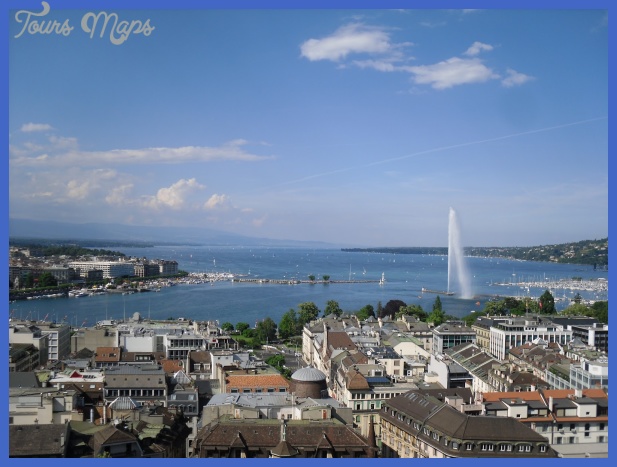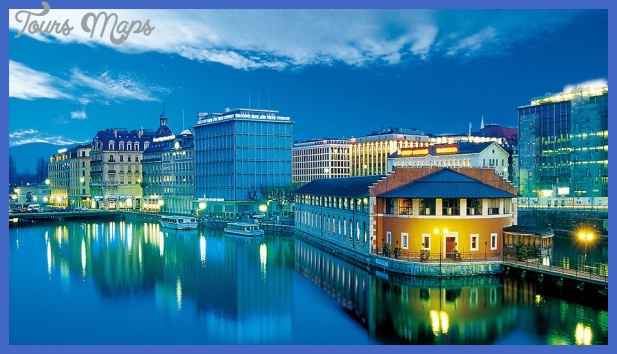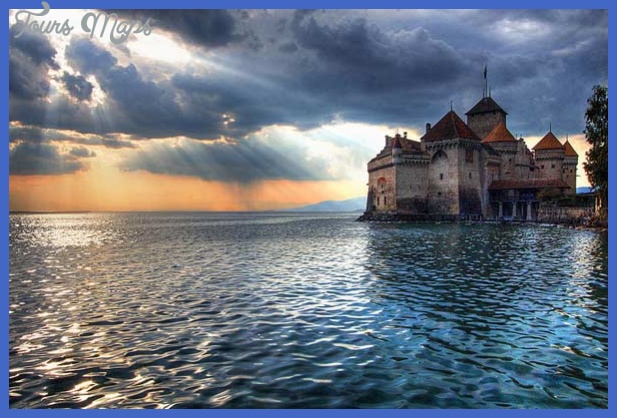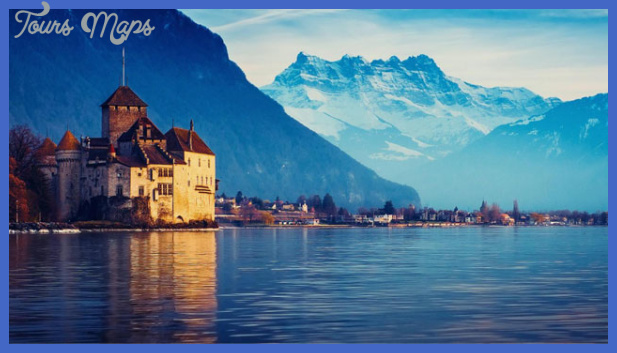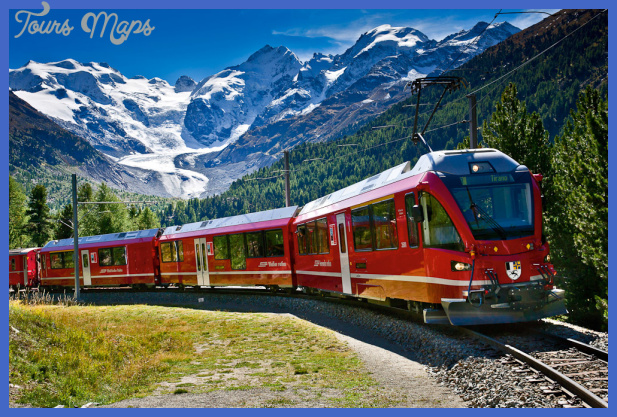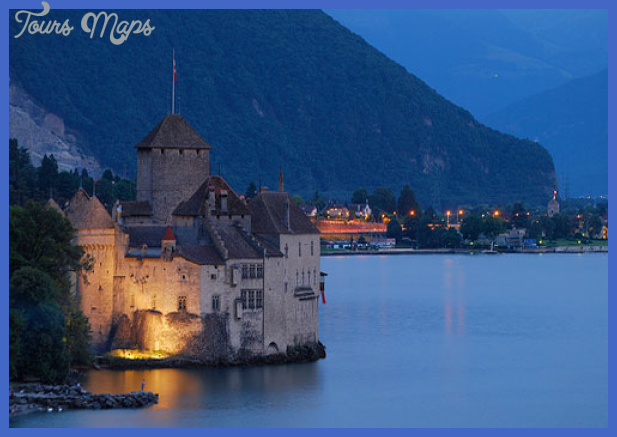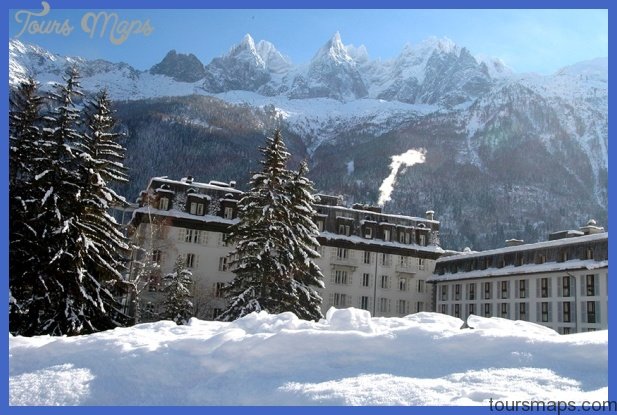The History of Geneva can be regarded as a lesson for humanity. To lacustrine Geneva, built on piles, succeeded, that small fortified town, already mentioned by Caesar and which probably only covered the top of the hill where the Cathedral of St. Pierre now stands. Very early on, Geneva was ‘ennobled’ through its merchants and traders, as a busy crossroad for the numerous trade routes in Roman times. Involved in the turmoil which resulted from the migration of the Germanic peoples and the collapse of the Roman Empire, Geneva was lucky to become an independent commune under the high authority of its bishop. The Reformation came. Geneva adopted it in 1536; its bishop was obliged to leave the city and it became an independent republic and a haven for Protestant refugees who contributed in large measure to the city’s renown, to its economic and intellectual development.
The Academy, later the University, was founded by Calvin whose severe discipline made Geneva an austere city. In the 18th and 19th centuries, Geneva became a center for the arts, medicine and evolving sciences. Jean-Jaques Rousseau, was bom in Geneva in 1712, left an indeliable mark on political thought. From 1798 to 1813 Geneva was annexed to France, but in 1813 it regained its freedom and joined the Swiss Confederation in 1815. In 1864 the plenipotentiaries of twelve Powers signed the text of the Geneva Convention which brought into being the Red Cross, a humanitarian ideal that covers the globe. Since then the international radiance of Geneva has developed ceaselessly.
When in 1920 the League of Naitons decided to establish its headquarters here, Geneva became a center of world politics. After World War II the European Office of the United Nations took over the premises of the defunct League of Nations. Since then over one hundred organisations have chosen Geneva for their headquarters. On the one hand Geneva has firmly established its reputation as an oasis of political stability and neutrality. Geneva, an international metropolis on a human scale, thus possesses the ideal infrastructure for conferences and fairs. Moreover, the good understanding and healthy competition between the various service providers are geared to faciliating the work of the organisers of such events.
And on the other hand Geneva has become a truly international capitol with surprisingly ‘big city’ cultural and economic ambiance thanks to the economic role it has always played. Even today, the local economy remains closely interlinked with the world economy. Geneva with its captivating charm of its surroundings offers its hospitality to the world, and its environment which is particularly stimulating one generating synergy between companies from all sectors. All efforts are undertaken to ensure that Geneva with a total population of 361,000 does not fall short of its reputation as a city and canton that welcomes business people.
Travel to Geneva Photo Gallery
Maybe You Like Them Too
- The Best Cities To Visit in The World
- World’s 10 Best Places To Visit
- Coolest Countries in the World to Visit
- Travel to Santorini, Greece
- Map of Barbados – Holiday in Barbados








